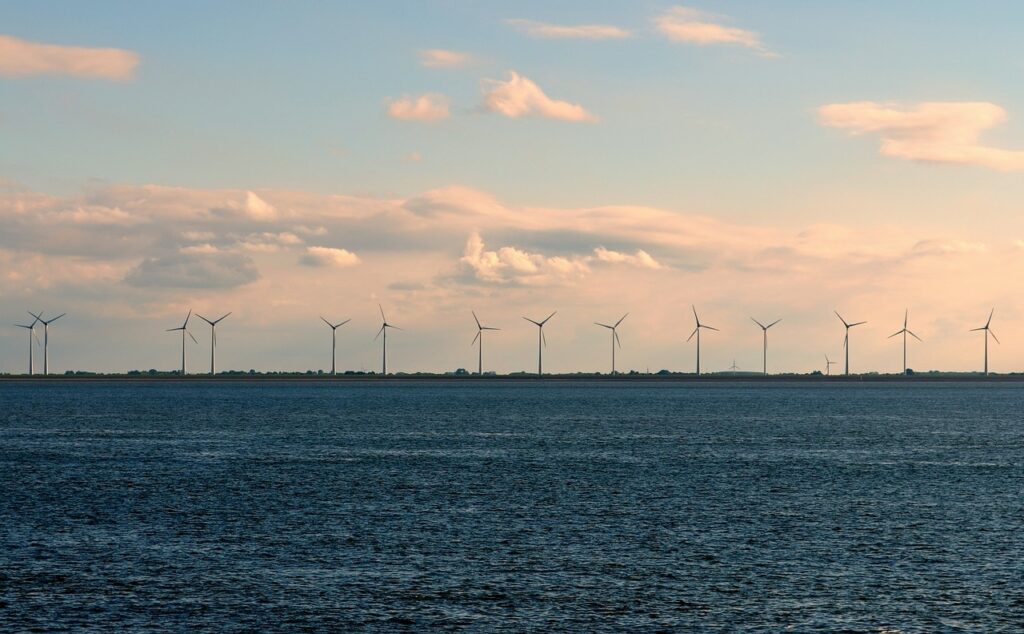National Grid has announced that for the first time, zero carbon power generation outstripped fossil fuels in Britain in 2019.
Throughout the twelve months of last year, 48.5% of the country’s power came from zero carbon sources, including wind farms, solar and nuclear energy, alongside energy imported by subsea interconnectors. Throughout the same period, 43% of Britain’s electricity came from fossil fuels, predominantly gas. The remaining 8.5% was generated by biomass.
National Grid CEO John Pettigrew said: “As we enter a new decade, this truly is a historic moment and an opportunity to reflect on how much has been achieved.
“At National Grid, we know we have a critical role in the acceleration towards a cleaner future and are committed to playing our part in delivering a safe and secure energy system that works for all.”
The record breaking year saw new highs in solar and wind generation, as well as days without coal as the country moved towards a greener energy system.
In May, solar generation hit a new record, with 9,550MW of power produced by the technology in Britain. This meant solar provided more than a quarter of the nation’s power.
A new record for wind power was set on 10 December, as the tail end of Storm Atiyah sent generation soaring to 17,342MW, or 44% of Britain’s electricity. This led to a further milestone, as negative pricing lasted for over 13 hours due to the abundance of wind power on the network.
Other milestones included the longest period without coal since the industrial revolution, with 437 hours of generation without the fossil fuel in May, and the ‘greenest’ day ever on 17 August, when carbon intensity was just 57gCO2/kWh.
National Grid ESO director Fintan Slye said: “2019 has been a record breaking year for Britain’s electricity. Our system is changing quickly, with wind and solar generation consistently making up a significant proportion of power being generated – it’s an exciting time and a pivotal part of getting to net-zero by 2050.”
Last year’s impressive performance is particularly important as 2020 will mark the halfway point in the UK’s ambition to reduce emissions to 100%. In 1990, the baseline year for the transition, fossil fuels generated 75.5% of Britain’s electricity, and zero carbon sources, predominantly nuclear, just 24.4%.
In June, National Grid predicted that 2019 would see more power from zero carbon sources than fossil fuels, after they provided 47.9% of Britain’s electricity demand in the first five months.
Efforts to decarbonise the UK’s energy system will continue throughout 2020, with National Grid announcing an investment of almost £10bn in the gas and electricity networks over five years in December. Of this, nearly £1bn has been allocated for transitioning the grid to net zero by 2025.






